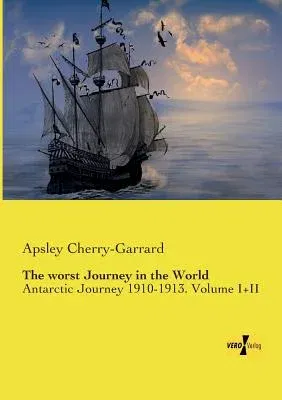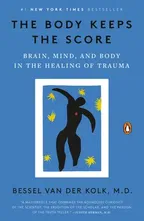\Polar exploration is at once the cleanest and most isolated way of
having a bad time which has been devised. It is the only form of
adventure in which you put on your clothes at Michaelmas and keep them
on until Christmas, and, save for a layer of the natural grease of the
body, find them as clean as though they were new. It is more lonely than
London, more secluded than any monastery, and the post comes but once a
year. As men will compare the hardships of France, Palestine, or
Mesopotamia, so it would be interesting to contrast the rival claims of
the Antarctic as a medium of discomfort. A member of Campbell\s party
tells me that the trenches at Ypres were a comparative picnic. But until
somebody can evolve a standard of endurance I am unable to see how it
can be done. Take it all in all, I do not believe anybody on earth has a
worse time than an Emperor penguin. Even now the Antarctic is to the
rest of the earth as the Abode of the Gods was to the ancient Chaldees,
a precipitous and mammoth land lying far beyond the seas which encircled
man\s habitation, and nothing is more striking about the exploration of
the Southern Polar regions than its absence, for when King Alfred
reigned in England the Vikings were navigating the ice-fields of the
North; yet when Wellington fought the battle of Waterloo there was still
an undiscovered continent in the South.\ [...] This book contains the
travel tales of Robert Falcon Scott\s last Expedition, which in 1910
moved him from England to Antarctica, where he died tragically two years
later. The author Apsley Cherry-Garrard was part of the expedition team,
and along with others he found the captain and others frozen to death.
The expedition should bring the men of British origin to the South Pole
before the Norwegian Roald Asmundsen would reach it, but the way turned
out to be too hard, they hardly managed their daily stint. In addition
the Antarctica gave them a very hard time particularly the harsh weather
conditio














